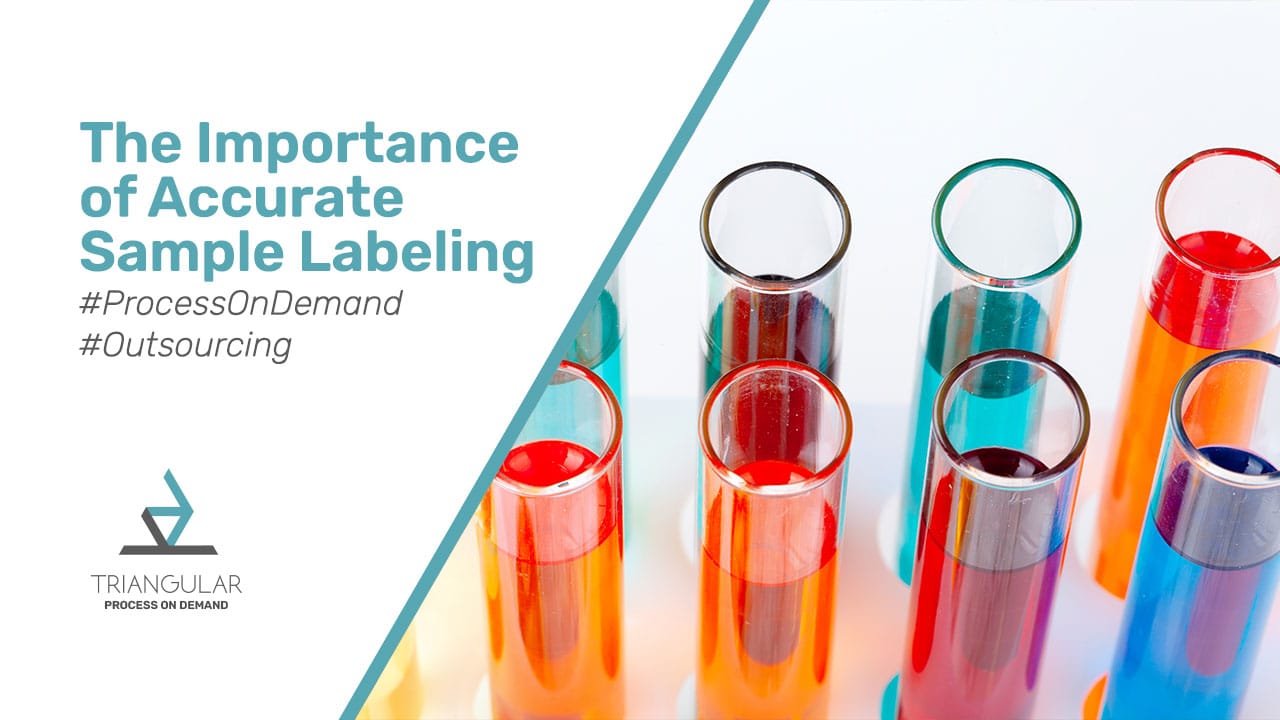As a broker of processing capacities, a big part of my our involves coordinating samples between material owners and processing partners/manufacturers. Especially in the second project phase, when you have made the decision to produce the test batch.
Once an initial feasibility assessment is done, the manufacturer typically asks for a sample of the raw material, and sometimes a sample of the finished product if there's no exact specification.
Your role as a client is to send these samples.
Are you aware of the importance of labeling the samples?
Providers receive numerous samples weekly, which can look similar. Depending on the plant size and the number of employees involved, it can be challenging to assign samples to a project.
Imagine receiving a 5kg bag of white powder with no label or origin information.
Without a label, tracking is impossible, and the sample will likely be discarded, leading to inconvenience, financial loss, and wasted time.
What should a sample label include?
- Manufacturer's address
- Contact person to receive the sample
- Your Contact information: Company name, contact person (email, phone)
- Material description (type, amount, grade)
- Country of origin/source
- Handling instructions (storage temperature, precautions)
- Special requirements
- Date
Our advise: train your employees, enhance customer communication, and establish a standardized labeling system.
Customers who follow these instructions benefit from improved operational efficiency, stronger business relationships, enhanced customer satisfaction and overall success.
Never underestimate the power of accurate labeling.
It can significantly impact your business operations.
Feel free to include any additional important label information based on your experience.
Does this information help you and your business?

